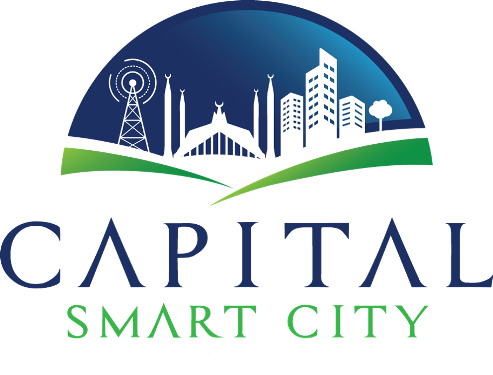Smart Education for Smart Cities
Smart education is a critical component of any smart city. It is a system of learning that leverages technology to provide students with personalized, engaging, and effective learning experiences. Smart education also helps to prepare students for the future by teaching them the skills they need to succeed in the 21st century workforce.
In a smart city, education is not limited to traditional classrooms. Students can learn in a variety of settings, including virtual classrooms, online courses, and maker spaces. Smart education also uses technology to provide students with real-world learning experiences. For example, students can use augmented reality to explore historical sites or virtual reality to simulate scientific experiments.
Smart education is not just about technology. It is also about changing the way we teach and learn. In a smart education system, teachers are more like facilitators than lecturers. They work with students to develop their own learning goals and to create personalized learning plans. Smart education also emphasizes collaboration and problem-solving. Students are encouraged to work together to solve real-world problems and to come up with creative solutions.
Smart education is essential for building smart cities. Smart cities need citizens who are critical thinkers, problem-solvers, and innovators. Smart education can help to develop these skills in students of all ages.
Benefits of Smart Education
- Personalized learning: Smart education allows teachers to tailor instruction to the individual needs of each student.
- Engaging learning experiences: Smart education uses technology and innovative teaching methods to keep students engaged and motivated.
- Effective learning outcomes: Smart education has been shown to improve student learning outcomes.
- Preparation for the future: Smart education teaches students the skills they need to succeed in the 21st century workforce.
How Smart Cities Can Promote Smart Education
- Invest in educational technology: Smart cities can invest in educational technology, such as interactive whiteboards, tablets, and virtual reality headsets, to provide students with access to the latest learning tools.
- Create maker spaces: Maker spaces are collaborative workspaces where students can learn about design, technology, and engineering. Smart cities can create maker spaces in libraries, community centers, and other public spaces.
- Promote collaboration between schools and businesses: Smart cities can promote collaboration between schools and businesses to create opportunities for students to learn from real-world experts.
- Offer professional development for teachers: Smart cities can offer professional development opportunities for teachers to learn about the latest smart education technologies and teaching methods.
Smart education is the future of learning. Smart cities can play a leading role in promoting smart education and in preparing students for the future.
